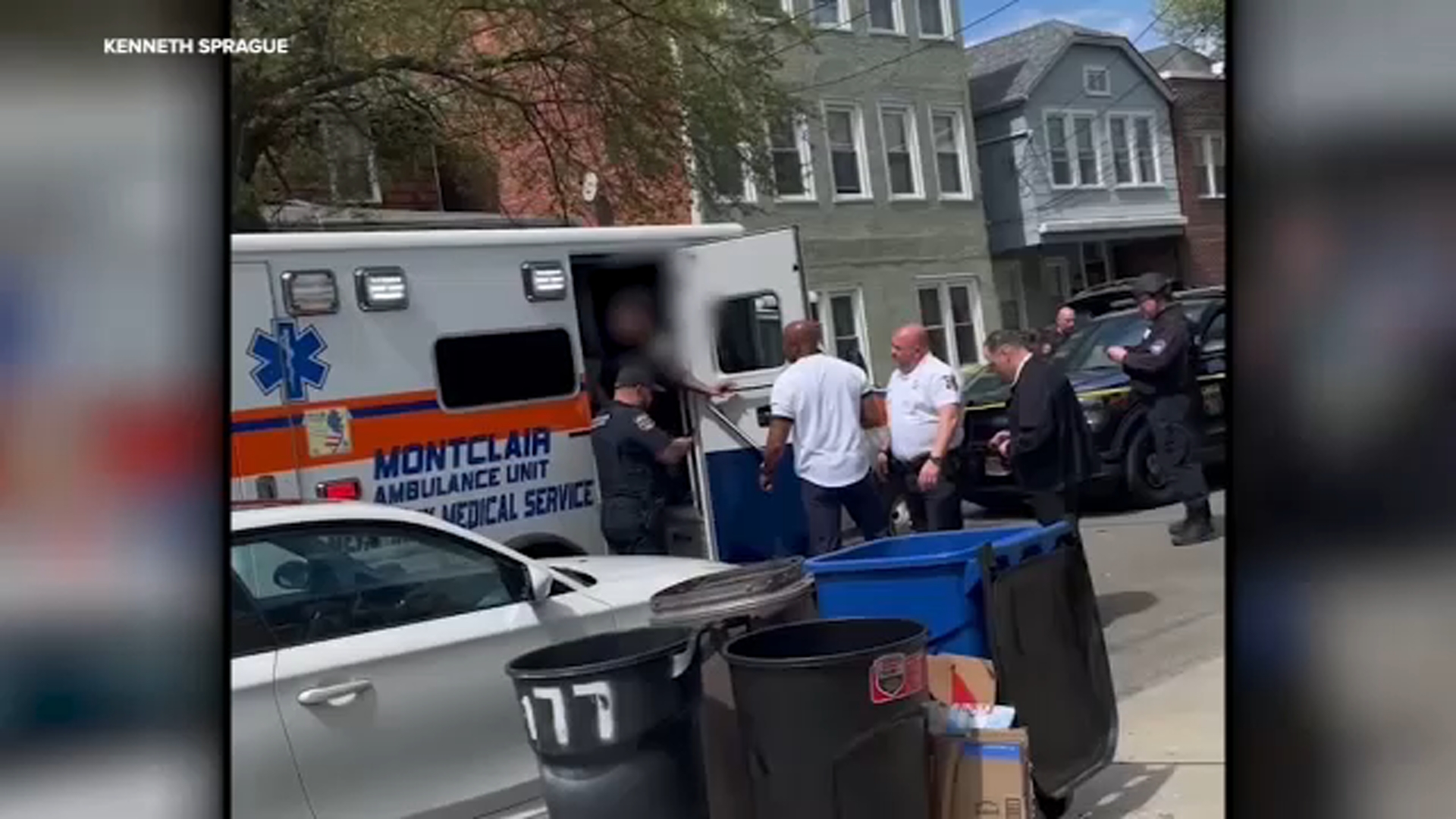New test can tell if you've had coronavirus in the past

SAN FRANCISCO -- A new commercially available test called T-Detect has received emergency use authorization from the FDA. The manufacturer says it has the power to tell most patients whether or not they've been infected with coronavirus in the past.
We first met Rick St. John at Stanford, in a special study of what's come to be known as long haul COVID-19. While his symptoms have persisted for months, he says in the beginning they were mild enough that he almost went undiagnosed.
"I didn't have fevers, I didn't have a cough," he said. "Those were the criteria which they used to authorize testing."
After weeks, he was finally able to arrange a test that confirmed his diagnosis. But now, stories like Rick's have thousands of people across the country wondering if they might have been infected with the virus in the past, but never known it. Either because they were never tested, or had mild symptoms
VIDEO: Delayed skin reaction appear for some after Moderna shot

"And so trying to tease out what symptoms might or might not have been due to having COVID-19 in the past is incredibly important," says Dr. Lance Baldo, M.D., chief medical officer for Seattle based, Adaptive Biotechnologies.
The company is now marketing the first widely available test of its kind to tell whether someone has been infected with the virus months after the fact. It employs a sophisticated process to detect the activity of T-cells, which are a key part of the body's immune response.
"This T-cell fingerprint is lasting out to about 9-or-10 months in about 90% of patients, so we're able to see beyond the typical window where you'd be able to see the anti-bodies," explains Dr. Baldo.
Like a standard antibody test, a patient provides a blood sample, either at a nationwide testing company like Labcorp, or with an at-home appointment. It's compared to markers developed by Adaptive in partnership with Microsoft. The patient typically gets a result back in about seven to ten days.
CHEAT CHEET: What you can do after getting vaccinated
Dr. Sudeb Dalai, M.D., Ph.D. is an infectious disease specialist and a senior medical advisor with Adaptive. He believes the test results could be critical for long-term COVID-19 patients, and their ability to find the right care.
"It is important on an advocacy level for patients to understand their own medical history and what they've been through, to advocate for themselves," says Dr. Dalai.
Rick St. John adds, "And then they have a confirmation that maybe it's associated with Covid, then they can get more access to treatment."
The T-Detect test costs roughly $250 for patients paying out of pocket, including prescription and blood draw at a commercial lab. The company says it's working with insurance companies on coverage, and has a cost assistance program for qualifying patients.
VIDEO: Vaccine allows 3-year-old to give grandma hug for 1st time in 15 months









